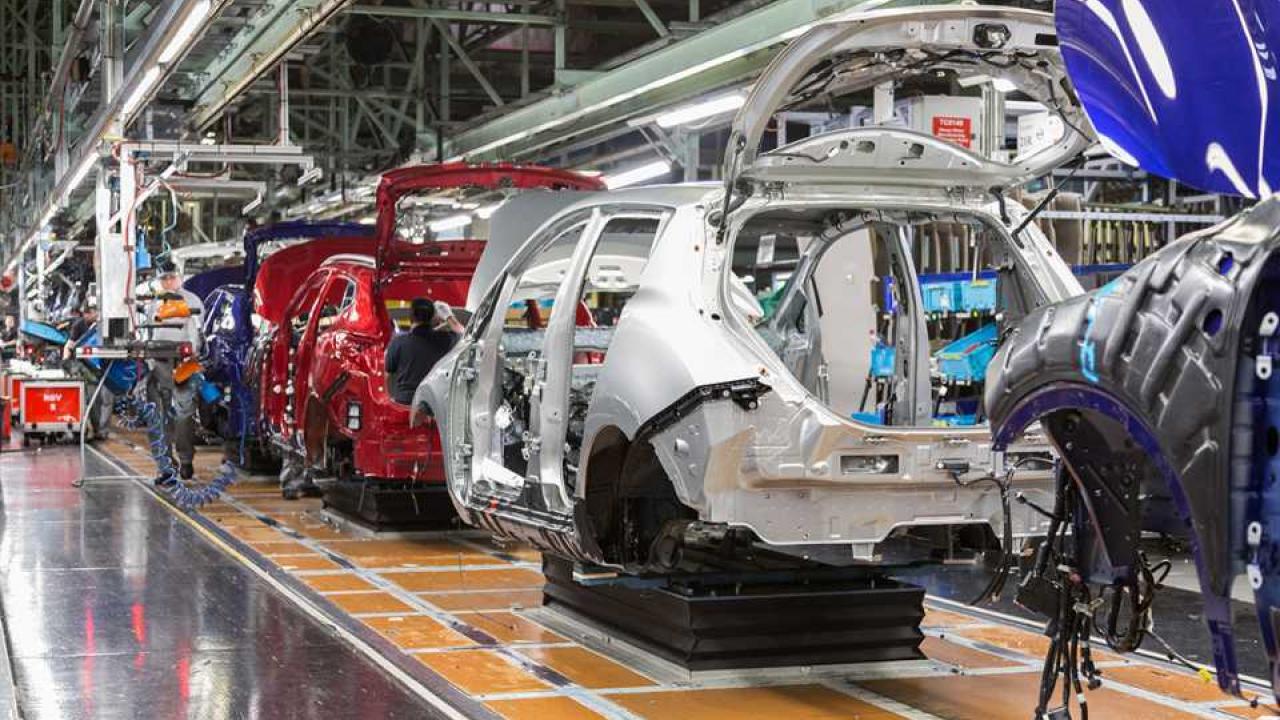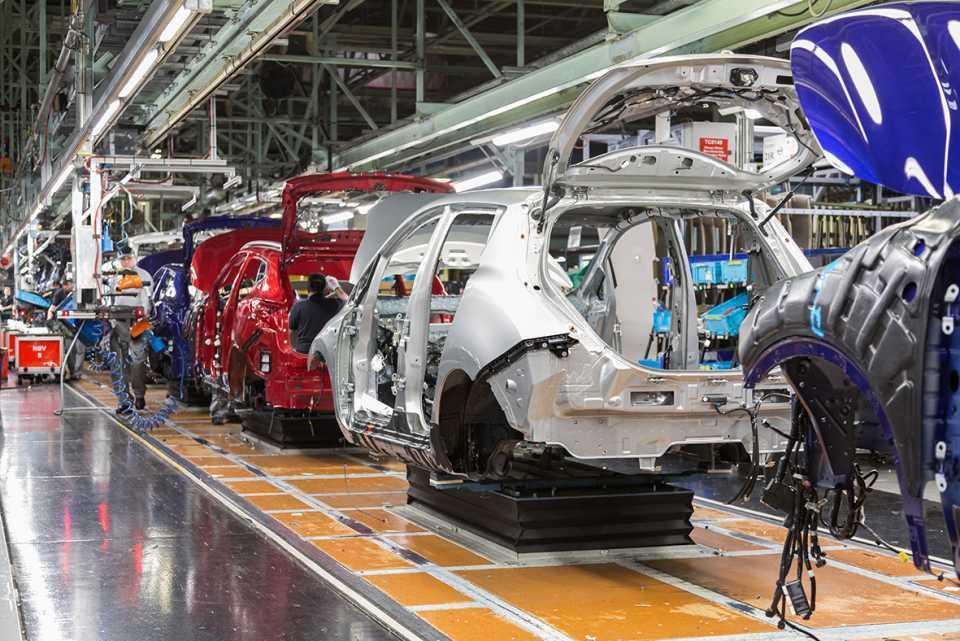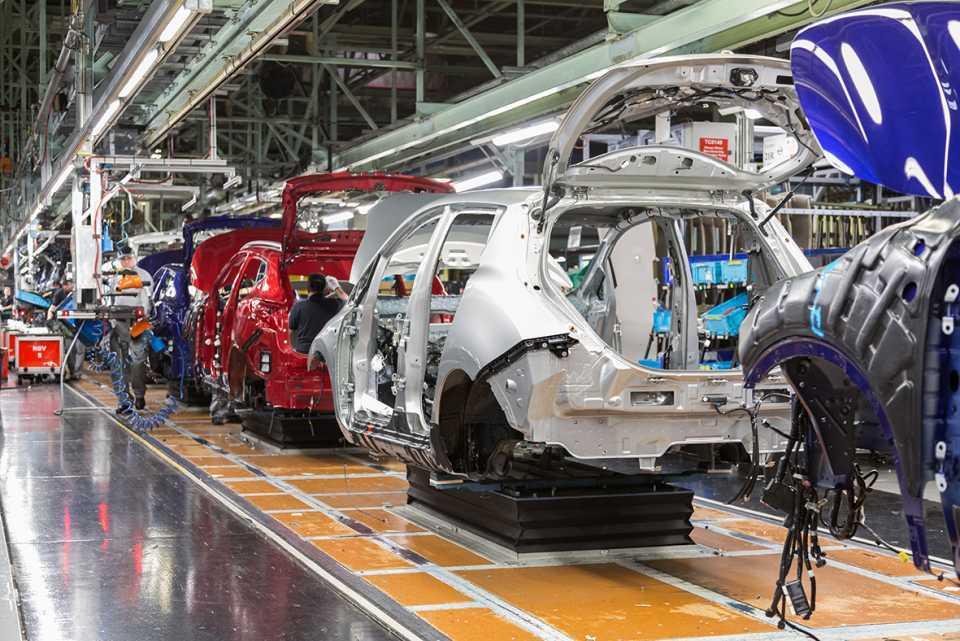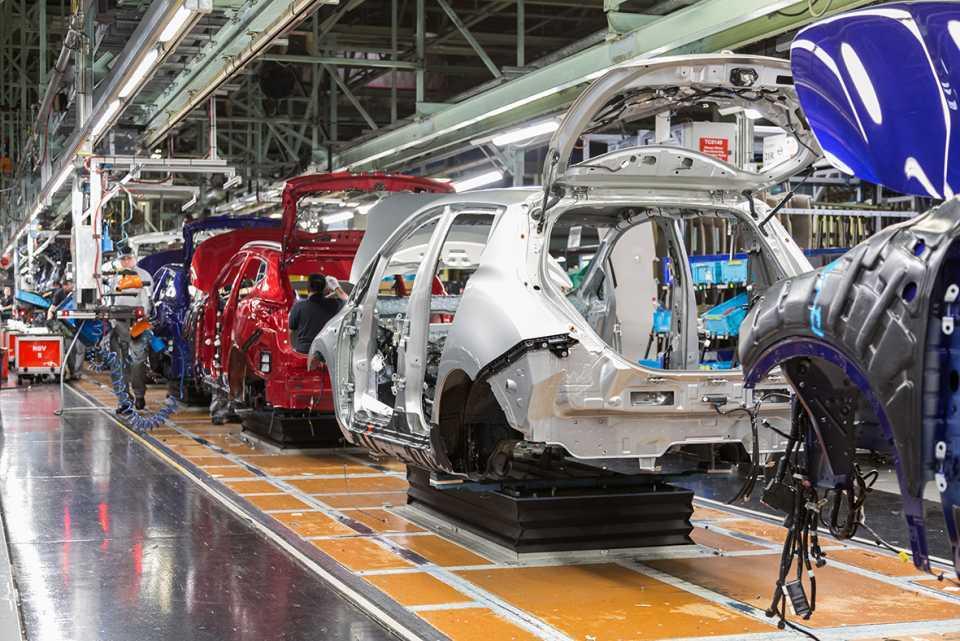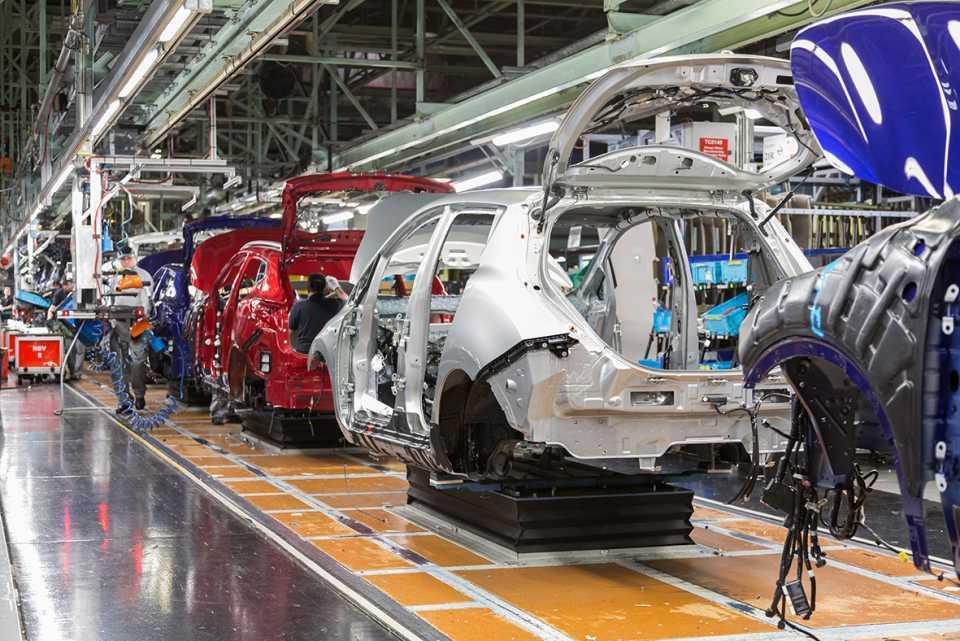UK car production fell -9.7% in August, following six consecutive months of growth, with 45,052 models produced, according to the latest figures published by the Society of Motor Manufacturers and Traders (SMMT).
The SMMT says that August is typically the smallest volume month of the year with often variable summer shutdowns which can lead to large percentage variations, and this August’s output was in part affected by extended production pauses at some plants for planned maintenance and upgrades as car makers gear up to produce the next generation of electric vehicles.
Production for the domestic market declined by more than a quarter (-25.2%), while output for export fell by a less pronounced -5.5%, equivalent to 2,150 units. The decrease was driven largely by a decline in shipments to the US, China and Japan, down -58.6%, -24.5% and -37.8% respectively. The EU, meanwhile, remained the UK’s biggest global market with almost six in 10 exports heading for the bloc (57.9%) – representing an 11.5 percentage point uplift in shipments from last year after volumes rose 17.8%.1
In the year to date, overall production continues its double digit gains, rising 11.8% to 571,671 units.2 Both home and export volumes are up in the first eight months of the year, by 2.5% and 14.4% respectively.
Manufacturing of the latest and greenest vehicles continued, with a 14th consecutive monthly gain. August showed combined volumes of electrified vehicles rose, albeit modestly, by 2.8% to represent nearly two in five (36.6%) of all cars made, equivalent to 16,511 units. Since January, car makers have turned out 216,922 of these vehicles, an uplift of 84,310 on the previous year.
Mike Hawes, SMMT Chief Executive, said" "After six straight months of growth, a decline in UK car output in what is always the smallest and most variable volume month, is not a cause for concern. With car manufacturers taking advantage of the summer holiday season to upgrade their plants, this is part of an ongoing commitment to deliver the next generation of electric vehicles, with a record number of these models already being made.
"To secure future investment, however, we need business certainty, not least a UK-EU agreement to delay tougher rules of origin that would damage the competitiveness of electric vehicles in both the European and British markets and concrete details from the UK government on the regulation compelling the sale of EVs in Britain. Both are due to commence in less than 100 days and are essential to business planning and investment for 2024 and beyond."

